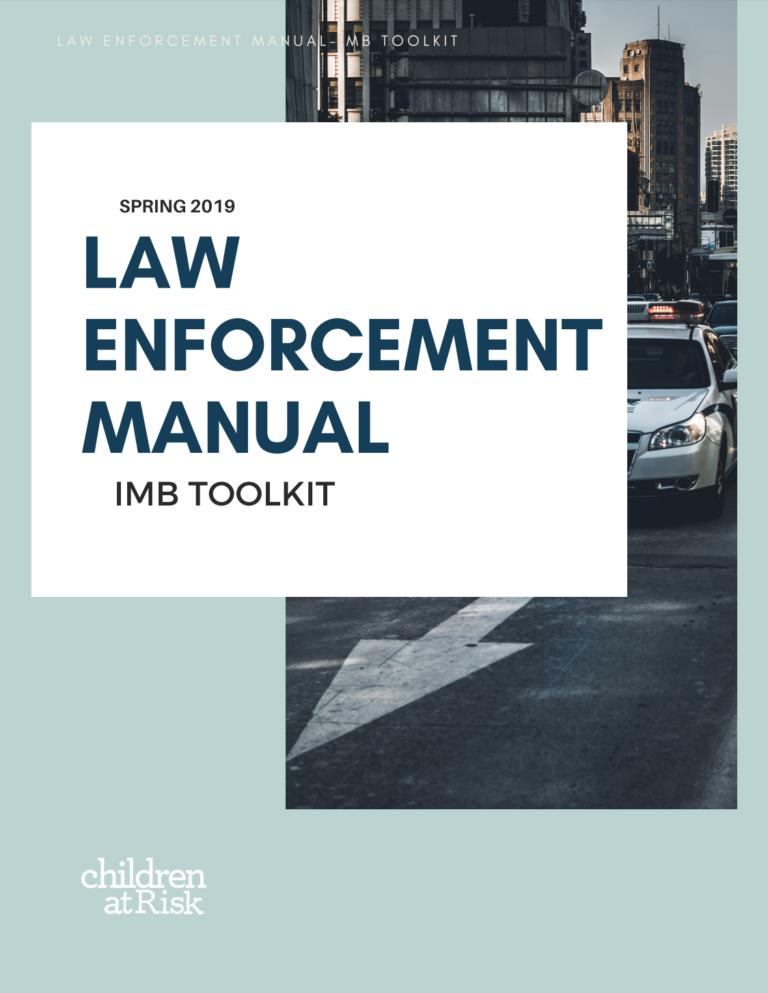Illicit Massage Businesses (IMBs) use the cover of a legitimate service to engage in prostitution and often human trafficking, by using force, fraud or coercion to compel the women working there to provide sexual services to the buyers who patronize these places. IMBs make the communities they inhabit less safe, and, if not quickly addressed, can grow to become an intractable drain on law enforcement resources. This manual details methods law enforcement can use to decrease or eradicate IMBs within the communities they serve.
This manual also describes in detail how to effectively employ existing statutes and regulations to eradicate IMBs. Further, the guide provides best practices for engaging with the victims trapped in IMBs, including how to interview and work with survivors using victim-centred, trauma-informed methods.

